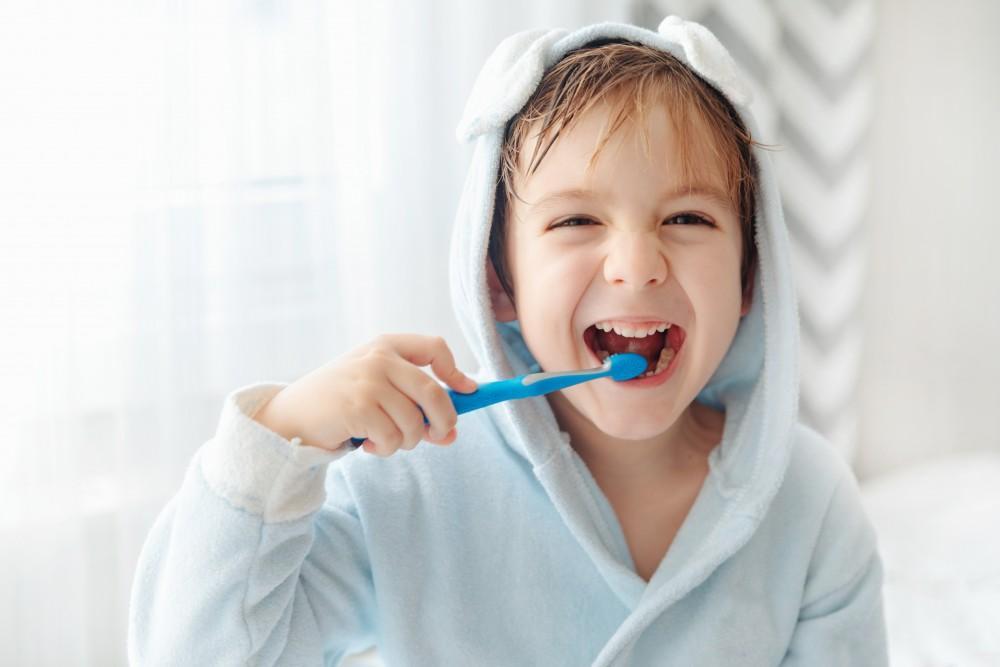
Signs Your Adolescent Is Struggling With Depression

Most parents remember the difficulties of adolescence. Mood swings, hormonal shifts, and the tribulations of social interactions are all part of growing up. Amid all of that emotion and upheaval, it can be hard to know if your child is struggling with a mental illness like depression.
At South Plains Rural Health Services in Levelland, Lamesa, and Big Spring, Texas, our clinicians focus on all aspects of your family’s health, including behavioral health issues.
Many adolescents need a bit of extra support as they cope with the thorny issues of growing up. This month, we discuss some of the signs you may see if your child is struggling with depression.
What to watch for
Some 40% of high school students say they felt persistent sadness in the past year. It’s normal to feel sad sometimes, but when the feelings don’t go away, it can be a sign of depression.
Teens who are struggling with depression may show it through behavioral changes, emotions, and even their physical health.
When your child’s daily life is affected by persistent changes in how they feel, it may be a sign of a more serious issue such as depression. Some of these changes could include:
- Lack of energy
- Changes in sleep patterns
- Restlessness
- Self-harming
- Changes in appetite
- Lack of personal hygiene
- Withdrawal from friends and activities
- Discussion of suicide
- Unexplained aches and pains
- Poor school performance or attendance
Along with behavioral changes, your child may show emotional warning signs, such as:
- Intense mood swings
- Out-of-character bursts of anger
- Feelings of hopelessness or worthlessness
- Loss of interest in hobbies or sports
- Excessive self-criticism
- Fear of failure
- Increased sensitivity to rejection
- General pessimism
Of course, some of these changes and signs can be normal for teens. When you spot a pattern and notice that those changes are affecting how your child functions day-to-day, you should be alert and seek help.
The causes of depression
Depression is a complex condition, and it’s quite rare to find a single underlying cause. Most often, a combination of biological, environmental, and psychological factors contribute.
In adolescents, these causes may include hormonal changes, genetics, trauma and stress, or chemical imbalances. No matter the cause or the combination of causes, getting support is important.
Treatments for adolescent depression
Your child is unique, and their treatment should be tailored to their specific circumstances. Some of the most common and effective treatments include:
- Talk therapy
- Medication
- Lifestyle adjustments
Your child may need only one approach, or some combination of treatments may be more appropriate. Getting help early, as soon as symptoms appear, can make a big difference in how effective treatment is.
When to get help
If you notice symptoms that last for more than two weeks, you may want to talk to your child. Begin with empathy and concern, and without judgment. Your child needs to know they aren’t alone and that help is available.
Our experts are happy to answer your questions or provide an evaluation for your child. Adolescence is difficult, and so is depression. We can provide support to help your child. Schedule your appointment at the most convenient location of South Plains Rural Health Services today.
You Might Also Enjoy...


Tips for Getting Your Child Excited About Oral Health

Don’t Procrastinate Your Pap Smear, It May Save Your Life

Seasonal Grief: Handling the Holidays Without Your Loved One

Do I Have COVID-19, the Flu, a Cold, or Something Else?


